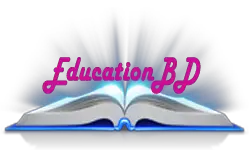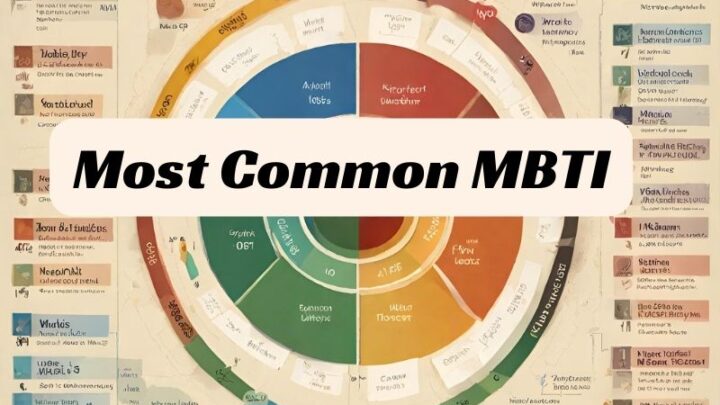The Myers-Briggs Type Indicator (MBTI) is a popular personality assessment tool that categorizes individuals into different personality types based on their preferences in four key areas: extraversion/introversion, sensing/intuition, thinking/feeling, and judging/perceiving. While there are 16 different MBTI types, some types tend to be more common than others. In this section, we will explore the most common MBTI types and provide details about each one.
Most Common MBTI
- ISTJ (Introverted, Sensing, Thinking, Judging):
The ISTJ type is known for their practicality, reliability, and strong sense of responsibility. They are detail-oriented individuals who prefer to work in structured environments. ISTJs are often seen as dependable and trustworthy, making them excellent team players. They value tradition and are committed to following rules and procedures. - ISFJ (Introverted, Sensing, Feeling, Judging):
ISFJs are warm, caring, and compassionate individuals who prioritize the needs of others. They are often described as loyal and dedicated, making them great friends and partners. ISFJs have a strong sense of duty and are committed to fulfilling their responsibilities. They are attentive to details and prefer to work behind the scenes. - INFJ (Introverted, Intuitive, Feeling, Judging):
INFJs are insightful and empathetic individuals who have a deep understanding of others’ emotions and motivations. They are often described as idealistic and have a strong desire to make a positive impact on the world. INFJs are creative and intuitive, and they value authenticity and personal growth. They are natural counselors and are often drawn to careers in psychology or counseling. - INTJ (Introverted, Intuitive, Thinking, Judging):
INTJs are strategic and analytical individuals who excel in problem-solving and long-term planning. They are independent thinkers who value logic and efficiency. INTJs are often seen as visionaries and are known for their ability to see the big picture. They are driven by their goals and are willing to put in the necessary effort to achieve them. - ISTP (Introverted, Sensing, Thinking, Perceiving):
ISTPs are practical and adaptable individuals who enjoy hands-on activities and problem-solving. They are often described as “doers” and are skilled at finding practical solutions to complex problems. ISTPs are independent and value their freedom. They are often drawn to careers that involve working with their hands or require technical expertise. - ISFP (Introverted, Sensing, Feeling, Perceiving):
ISFPs are gentle and compassionate individuals who have a deep appreciation for beauty and aesthetics. They are often described as artistic and enjoy expressing themselves through various forms of art. ISFPs are sensitive to the needs of others and are often seen as good listeners. They value their personal values and strive to live in harmony with them. - INFP (Introverted, Intuitive, Feeling, Perceiving):
INFPs are idealistic and creative individuals who have a strong sense of personal values and integrity. They are often described as dreamers and are driven by their desire to make a positive impact on the world. INFPs are empathetic and compassionate, and they value authenticity and individuality. They are often drawn to careers in writing, counseling, or the arts. - INTP (Introverted, Intuitive, Thinking, Perceiving):
INTPs are logical and analytical individuals who enjoy exploring complex ideas and theories. They are often described as independent thinkers and are driven by their curiosity. INTPs are innovative and enjoy solving intellectual puzzles. They value their independence and are often drawn to careers in science, technology, or academia.
These eight MBTI types are among the most common and provide a glimpse into the diverse range of personalities that exist. It’s important to note that while the MBTI can provide insights into personality preferences, it is not a definitive measure of an individual’s character or abilities. Each person is unique, and their experiences and personal growth can shape their personality over time. Here check burry education.





